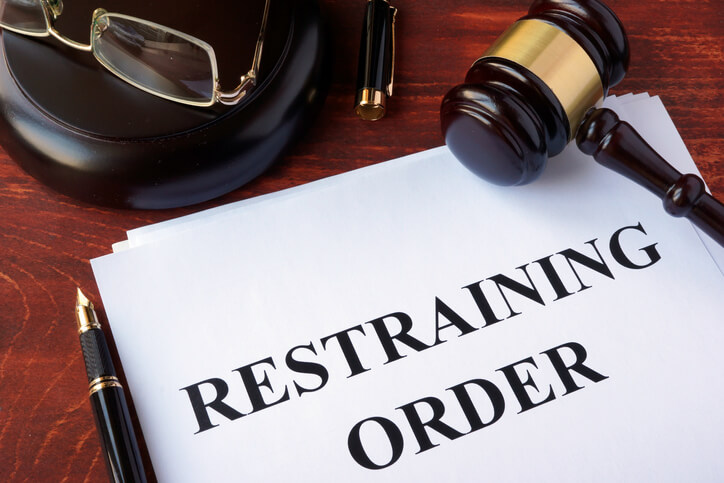Washington State treats all domestic violence accusations as serious matters. In part due to the strict enforcement of legal measures against alleged perpetrators, and in part due to Washington State’s broad definition of what domestic violence is, individuals who find themselves facing a charge or allegation of domestic violence might not know where to turn.

In Washington State, domestic violence is defined by the legislature as either physical or emotional harm as well as stalking. Due to the broad definitions of the law, someone stating that they are fearful of you can potentially be enough to warrant a legal accusation of domestic violence.
If someone alleges they are afraid of you, the process of achieving an order of protection can begin. In Washington, all an individual needs to obtain a preliminary protective order is an allegation of abuse. After a temporary order is issued, a hearing date will be scheduled for both parties to present their facts. It’s very important, if you find yourself the subject of a temporary restraining order, to attend your hearing and present your evidence that you are innocent. Once a protective order is granted, it can be for any set duration of time, according to the Judge’s ruling.
During this time, you are legally barred from contacting the victim, going within a specified distance of the victim and owning any firearm, even if they were legally owned by you prior to the issuance of a protective order. Protective orders, by effect, can remove you from your home, limit your contact with your children and potentially cause you to lose your professional position if your employment requires the use of a firearm.
The other three recognized divisions of domestic violence in Washington are sexual abuse, economic control, and neglect. Combined with the passing of in VAWA 1994, a federal law that has implications to each state within the United States regarding how to process any claim of domestic violence, more individuals are seeing financial and emotional repercussions following a claim made against them. Under VAWA, any individual granted a restraining order in one state is guaranteed that the restraining order will be upheld in any state for the lifetime of the order. The provisions in the VAWA has also lead to the advent of ‘mandatory arrest’ states, where an alleged perpetrator of domestic violence is arrested based solely on the alleged victim’s claim prior to investigation.
In Washington, law enforcement officers are required to make an arrest if they have probable cause an incident of domestic violence occurred, as well as if someone has violated a no-contact or civil protection order. Once an arrest occurs and charges are filed, only the prosecutor can drop the case. Washington classifies domestic violence severity by three levels: misdemeanor ( up to 90 days in jail and a $1,000 fine), gross misdemeanor ( up to 365 days in jail and a $5,000 fine), and felony (one year or more in jail.) In addition to financial sanctions and jail time, individuals can be forced to attend batterer intervention classes, anger management therapy, or even pay financial restitution to their victims. The financial aspects of any of these measures are expected to be paid by the person who is an alleged abuser.
The potential impact of a domestic violence charge does not end with personal criminal records. In Washington, a divorce judge may take a charge of domestic violence into consideration when making decisions regarding child custody, maintenance payment allocation, and asset division. Washington also funds programs designed to aid domestic violence victims in navigating family court. While you will be required to pay for your own legal representation, your opponent will be able to take advantage of legal aid, and assistance free of charge. Even if your domestic abuse allegation does not rise to the level of legal prosecution, you may be ordered into parenting classes, personality tests, alcohol, and drug screenings or supervised visitation with your children while your case is being heard in court.
To err on the side of caution, most judges, when domestic violence is alleged they may issue at minimum a no-contact order between the parties and require the accused party to vacate the residence. As continuity in children’s lives is a universal factor in determining custody through divorce proceedings, you may be placed at a disadvantage for obtaining primary custody in your divorce in this instance.
With a better understanding of the expansive impact, domestic violence can have on your personal and professional life, it’s clear that you need a competent attorney to represent you. Leyba Defense is prepared to help you. Our team of professional, knowledgeable attorneys can help you navigate the tricky legal field to reduce or dismiss a domestic violence accusation. Contact us for a consultation with one of our experts in the field of defensive law.
